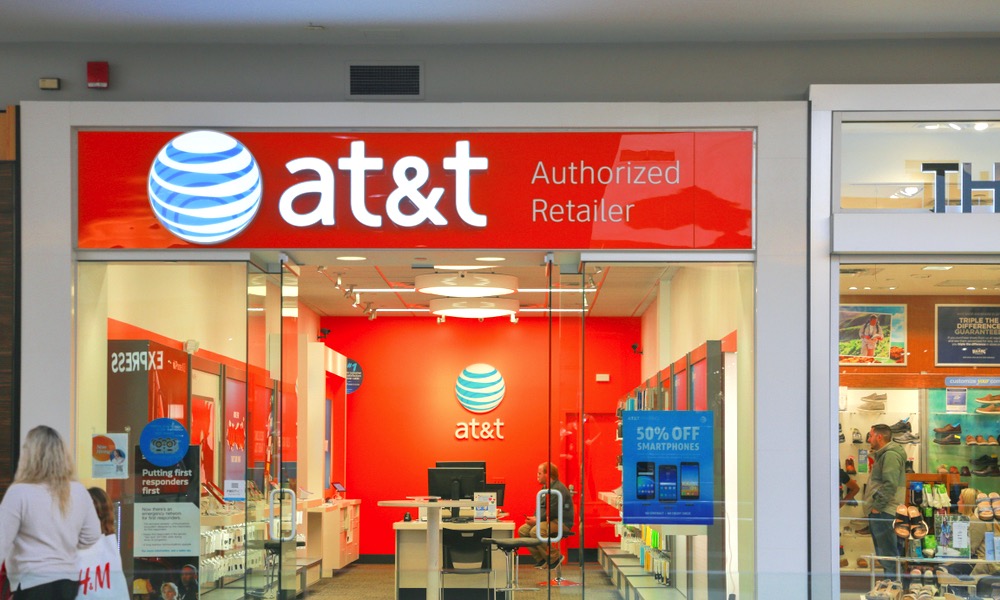AT&T Accused of FCC E-Rate Program Abuse, Scamming Money from Schools
 Credit: Helen89 / Shutterstock
Credit: Helen89 / ShutterstockToggle Dark Mode
AT&T may offer outstanding cellular coverage, but the company allegedly has a seedy side. According to the Washington Post, a whistleblower claims the company has been abusing the FCC’s E-Rate program to scam money from schools.
The scathing accusation comes from Theodore Marcus, who served as a lawyer for the wireless carrier. Marcus claims the company did not comply with the FCC’s E-Rate program, which helps schools improve their broadband access.
The FCC’s E-Rate program is part of 1996’s Telecom Act which requires wireless carriers to tack on a small surcharge to all phone bills. In return, the telecom giant is supposed to provide low-cost internet access to educational institutions.
Instead of charging a higher corporate rate, AT&T is supposed to charge the “lowest corresponding price,” which is close to what its retail customers are paying.
“There’s been no consequences for a bunch of folks … who failed to do what they were supposed to do for a program that’s supposed to take care of poor children. That’s what’s driving me. These are poor Black and Brown kids, and they cannot fend for themselves, and you have to do what’s right. There has to be an accounting.”
Theodore Marcus
Instead of offering retail-priced service, Marcus claims AT&T overcharged schools, especially those in minority areas. As a result, many school districts and underprivileged children were not prepared for the remote learning challenges posed by COVID-19.
Marcus allegedly told people within A&T about this issue, but the company did nothing to correct it. It supposedly has been going on for years, claimed Marcus.
AT&T spokesman Fletcher Cook responded by saying the claims were unfounded and that “the company has always complied with the lowest-corresponding-price rule.”
He added that “internal reviews found that the company did nothing wrong” and accused Marcus of retaliating against the company “after a poor performance review and not receiving a position he sought.”






